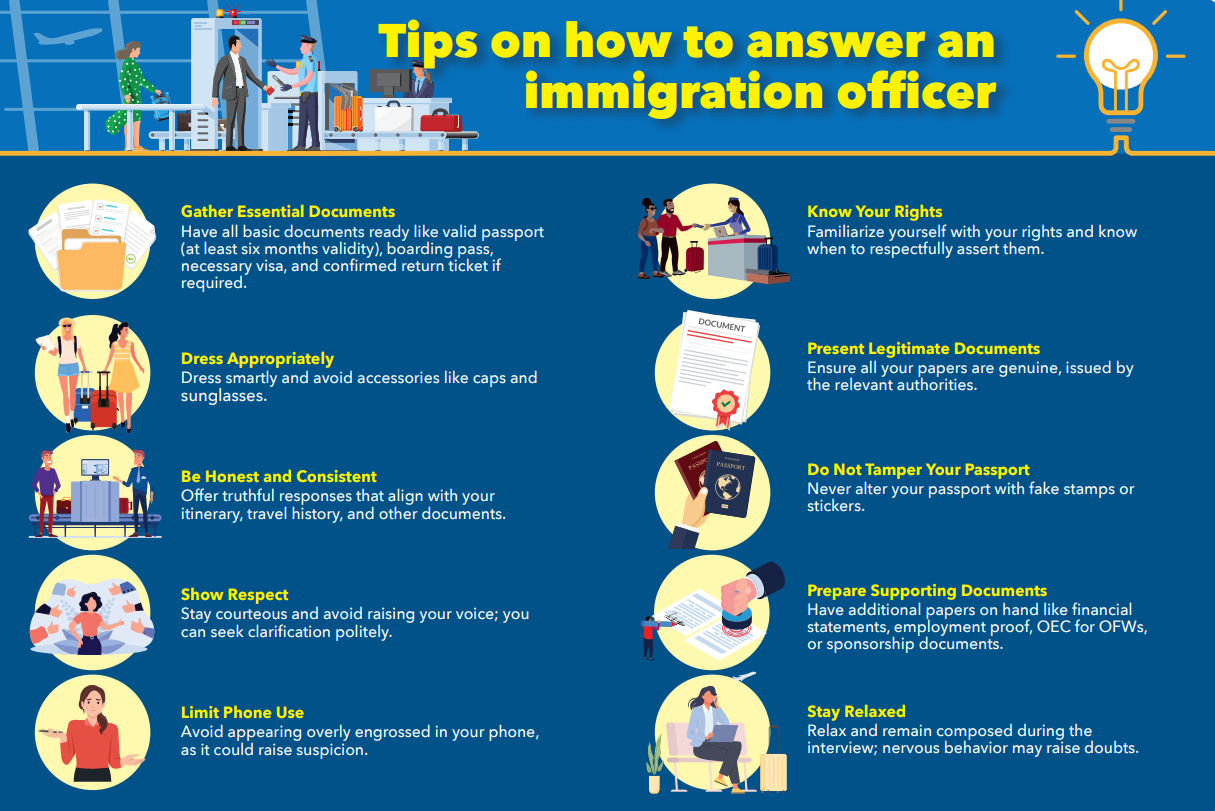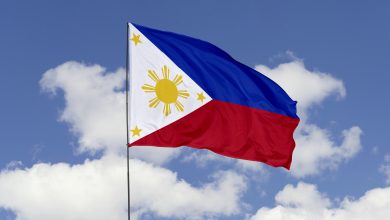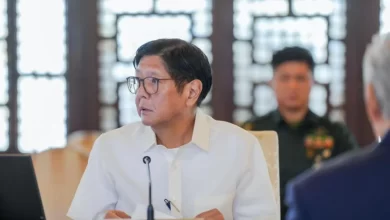The introduction of new guidelines for international travel has sparked a debate among overseas Filipino workers (OFWs). While the announcement has been recognized, it has raised questions about whether these guidelines will really protect Filipinos from human trafficking or if they are an unnecessary addition. A subset of OFWs has raised apprehensions regarding the perceived stringent new requirements.
The Inter-Agency Council Against Trafficking (IACAT) has introduced revised guidelines aimed at enhancing efforts to safeguard Filipinos from human trafficking and illegal recruitment.
These updated departure regulations will result in more rigorous procedures for Filipino travelers, especially for first-time travelers, prior to their departure.
Dixie Lao, who works in Dubai, appreciates the Philippine government’s good intentions to protect all Filipinos from human trafficking. However, she pointed out that the extra paperwork needed for first-time travelers might worry people who just want to tour and travel abroad.
“Sa totoo lang maganda ang layunin ng Philippine government na ma-protektahan ang bawat Filipino against human trafficking sapagkat ‘yun ang nais ng nakararami sa atin,” Lao said in an online interview with The Filipino Times (TFT). “Sa kabilang banda, ang additional na mga dokumentong hihingin sa mga first time travelers abroad ay magbibigay ng dagdag isipin at alalahanin ng mga nais lamang pumasyal sa ibang bansa.”

Herman Ataat, a supervisor in Dubai, acknowledges the intent of the revisions but still has some concerns about the recent decision.
“I have some reservations about it because there are tendencies that with the new guidelines, mas lalo lang nila binigyan ng scapegoat ang mga Pinoy immigration officers para mas lalong mang ipit. With the previous situations ito yung susceptible to ‘under the table’ negotiations and corruption,” Ataat told TFT.

Amid discussions about possible impacts on people’s travel rights, the Department of Justice (DOJ) officials have tried to allay worries and explain the reasons for the updates. Initially set to be in effect on September 3, the IACAT has decided to defer the implementation amid public concerns.
“We take this opportunity to remind everyone that the temporary suspension of the implementation of the revised guidelines on departure formalities does not affect existing laws and regulations governing travel and immigration procedures. All existing rules and guidelines remain in place until further notice,” the DOJ said.
In a press briefing last August 24, government representatives emphasized that the new rules don’t add extra difficulties for travelers. Instead, they match the Philippines’ promise to safeguard its citizens and stop the exploitation of those at risk.
“Given the nation’s history of migration as well as the vulnerabilities of many of our countrymen, it becomes essential to have well-defined and easily understandable departure protocols that deter potential traffickers from exploiting vulnerable individuals,” DOJ spokesperson Mico Clavano said.
Norman Tansingco, Commissioner of the Bureau of Immigration, said that the newly introduced guidelines were built upon a framework that has existed since 2012. He assured departing tourists that the revisions were designed to address public concerns and that there was no need for undue worry.
This move to revise the guidelines follows a series of incidents where travelers reported missing flights or being offloaded due to in-depth questioning by immigration officers.
Basic travel requirements
The DOJ highlighted that the majority of travelers, over 95 percent, are required to present only the most basic documents such as a passport valid for at least six months from the departure date, a boarding pass, an appropriate visa (when required), and a confirmed return or roundtrip ticket (when necessary).
According to DOJ Secretary Jesus Crispin “Boying” Remulla, additional requirements are predominantly applied to first-time travelers who may appear as tourists but have intentions of seeking employment abroad.
For his part, Atty. John Rio Bautista, Labor Attaché in Dubai and the Northern Emirates, affirmed his support with IACAT in the release of the updated departure guidelines, covering not solely OFWs but all departing Filipino travelers.
“The Migrant Workers Office in Dubai would like to remind and advise all departing passengers from the Philippines, particularly our OFWs, to take note and comply with the presentation of the required documents in order to facilitate their departure and eventual arrival to their worksite abroad,” Bautista told TFT in an online interview.
“The Assistance Center of the Department of Migrant Workers in all international airports will continuously provide departure assistance to all OFWs,” he added.

Financial capacity: When is it needed?
The need to provide proof of financial capacity and employment is largely dependent on specific circumstances.
According to IACAT in-charge Nicholas Felix Ty, these requirements are not standard for all travelers.
“That will only come in if the Filipino traveler is not able to adequately present and prove his purpose of travel, or in more regular parlance, when there are indications of red flags,” Ty stated.
He also noted that immigration officers do not typically request for proof of financial capacity and employment, especially for travelers going to countries that require a visa.
Ty said that such proof is usually established at the embassy level when applying for a visa.
Travelers with a history of trouble-free departures are likely to navigate immigration smoothly without the need for additional documentation.
Supporting documents
In addition to the basic travel documents, an immigration officer may request supporting documents based on the traveler’s circumstances.
Self-funded travelers might be required to present proof of accommodation, financial capacity, source of income, and proof of employment.
On the other hand, travelers whose trips are sponsored by a relative within a first civil degree may need to provide birth/marriage certificates, copies of sponsor’s passport, a valid work visa or residence permit, and Overseas Employment Certificate (for OFW sponsors).
Meanwhile, cases involving sponsors within the fourth civil degree of consanguinity or affinity could require a notarized affidavit of support, along with birth/marriage certificates.
For travel sponsored by non-relatives or legal entities, an affidavit of support and a document establishing the relationship between the passenger and sponsor may be requested.
First-time OFWs may need to present an OFW clearance, valid employment visa or work permit, and employment contract.
To ensure smooth processing, primary inspections are expected to last for 45 seconds, while secondary inspections should not exceed 15 minutes unless exceptional circumstances necessitate a longer evaluation period.
The Philippine government aims to strike a balance between protecting its citizens and facilitating their travel experiences with the revised guidelines in effect. While concerns have been voiced, officials emphasized that the changes are rooted in a commitment to combat human trafficking and safeguarding the welfare of Filipino travelers.
Coming home
As OFWs in the UAE prepare for their journey home, they will navigate these updated protocols with the hope of a joyous and meaningful Christmas reunion with their loved ones.
Looking forward, Lao said she is set to come home to the Philippines this September to welcome the ‘ber’ months together with her family. This, amid the revised departure rules.
“Hindi ko man maabutan ang Pasko sa aking pag-uwi, mahalaga pa rin na makauwi ako sapagkat may mga pamilya akong naghihintay sa akin. At sila ang dahilan kung bakit na-eexcite akong umuwi dahil makikita ko na sila at makakausap ng aktwal,” Lao exclaimed.
“Magkakasama na muli kami lalo na ngayong ‘ber’ months sapagkat masaya sa pakiramdam ang pamilyang magkakasama sa nalalapit na Pasko,” she added.
Meanwhile, Ataat still plans to spend Christmas in the Philippines despite his reservations about the recent move, because for him family is the essence of the celebration.
“I have plans to go on vacation on Christmas. Napakahalaga kasi para sa ating mga Pilipino na kasama natin ang pamilya sa Pasko. During this season, dadapuan ka talaga ng lungkot bilang OFW lalo na kapag napapanuod mo sa mga balita kung paano mag-celebrate ng Pasko sa Pinas,” he said.





